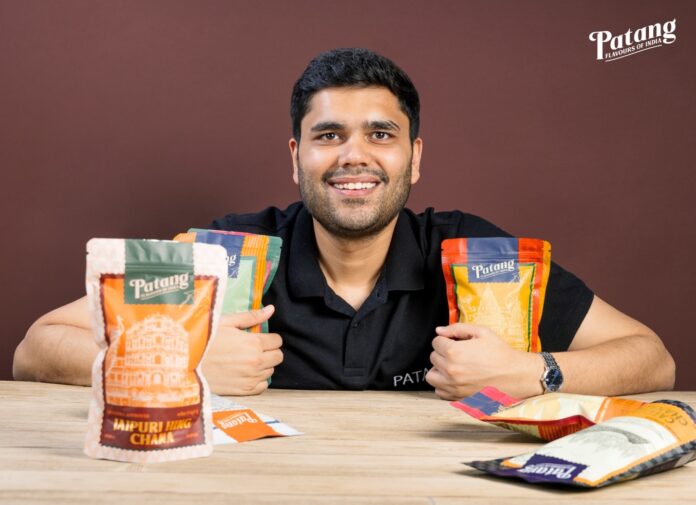New Delhi, Delhi, India | 14th August 2025: It starts with the aroma of home. Not the industrial haze of a factory, but the gentle curl of steam rising from a seasoned kadhai in Kolhapur. A mother stirs puffed rice in hot oil, dusting it with fiery masala that only years of instinct can perfect. Hundreds of kilometres away in the coastal lanes of Thoothukudi, a boy pedals his bicycle, a cloth bag swinging from the handlebar—its weight filled with freshly roasted pepper cashews.
No logos. No artificial colours. Just flavour, passed from hand to hand.
For decades, this was India’s snacking tradition—until it changed.
The Problem: How Authentic Indian Snacks Lost Their Roots
Somewhere along the way, taste took a shortcut.
India’s rich namkeen heritage, once defined by pride, locality, and craftsmanship, became a market of long shelf lives and higher margins. That authentic Kolhapuri crunch was suddenly neon orange. Madurai’s delicate Seeval was now fried in inferior oils, designed to last in warehouses rather than linger in memory.
A 2024 FSSAI report revealed that over 60% of packaged snacks in India contain refined palm oil—an industrial fat linked to high LDL cholesterol and increased heart risks. Add to that preservatives like BHA, TBHQ, and Tartrazine—chemicals that would never enter a traditional Indian kitchen but now fill snack jars across the country.
The Rediscovery: Bringing Back Flavours with a Sense of Place
Patang wasn’t conceived in a corporate boardroom—it began with a longing.
“I wanted to eat like I did when I was ten,” says Shoury Gupta, Founder of Patang. “This wasn’t about building a brand. It was about finding a memory.”
The journey took Patang to Bengaluru, where a retired teacher still makes Tapioca Chips every Sunday for her neighbours. To Madurai, where Seeval is hand-cut without machines. To Thoothukudi, where cashews are roasted in pepper with pride. These are not factories—they are family kitchens, community recipes, and culinary stories passed down generations.
The Revival: Small-Batch, Regionally Authentic, Preservative-Free
Patang launches nationwide with a promise—snacks made the way they were meant to be:
- 100% vegetarian (with vegan options)
- Crafted in small 60–90 kilo batches
- Made in their region of origin
- Fried in healthier cold-pressed groundnut or mustard oil
- No artificial colours, flavours, or preservatives
Every pack isn’t just a snack—it’s a story of someone, somewhere, still making food with care.
A Mintel survey shows that 72% of urban Indian millennials read ingredient labels before buying snacks. They want food they can trust, free from synthetic additives, and rooted in authenticity. Patang connects with them in the languages of Kolhapuri, Tamil, Bengali, and Marathi, evoking the nostalgia of Calcutta Chanachur in newspaper cones, Bhadang passed in train journeys, and rainy Sundays with chai and family recipes.
The Invitation: Taste India’s Culinary Heritage
Patang’s debut collection features eight regional Indian snacks, now available at www.thepatangstory.com. The brand will soon launch on leading e-commerce and quick-commerce platforms, along with a monthly snack subscription box and curated Diwali gifting hampers.
By next year, Patang aims to offer 50 regional flavours, partnering with traditional artisans across the country.
“We’re not just selling snacks,” says Gupta. “We’re building a bridge between India’s culinary heritage and today’s conscious consumer.”
About the Founder
Shoury Gupta is an alumnus of Shri Ram College of Commerce (India) and SDA Bocconi School of Management (Italy). His career spans organisations including ValueFirst (Tanla Platforms), U2opia Mobile, TrulyMadly, and Dentsu Aegis Network.





